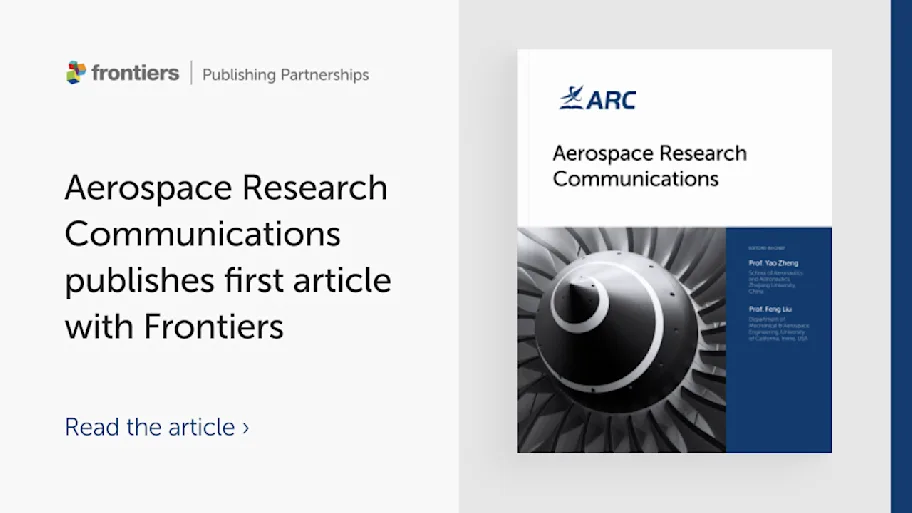
- Science News
- Frontiers news
- Collaboration with INPST to explore science behind natural products and promote science communication
Collaboration with INPST to explore science behind natural products and promote science communication

As an ever-present part of human culture, the pervasiveness of natural products might make them seem less important, particularly in a society where the new and the technological monopolize attention. The recent awarding of the 2015 Nobel Prize in Physiology or Medicine for the discovery and development of Avermectin and Artemisinin has put this pathway for drug discovery firmly back on the agenda.
Researching natural products
“Natural products have always been of tremendous importance for human health, and our recent publication landscape analysis revealed an increasing interest in natural product pharmacology, chemistry, traditional medical knowledge, and drug discovery.” To capture the spirit of this emerging trend, Dr. Atanas G. Atanasov founded the International Natural Product Sciences Taskforce (INPST) “as an inter-disciplinary and inter-national union bringing together scientists and key opinion leaders from academia and industry”.
Dr. Atanasov himself is a key opinion leader of the natural product-based drug discovery field, with multiple scientific publications in the area of Molecular Medicine, Nutrigenomics, Biotechnology, Natural Products, and Molecular Pharmacology. He is acting as Head of the Molecular Biology Department at IGAB (Polish Academy of Sciences) and a Visiting Lecturer at the Department of Pharmacognosy, University of Vienna (Austria) and an editor for several peer-reviewed scientific journals, including Frontiers in Pharmacology.
The foundation of the INPST initiative aims at promoting joint collaborative research efforts in diverse areas, where natural products applications may help address pressing social issues, including the development of superior medicines, better food and food supplements.
Promoting science communication
Promoting the applications of natural products is not the only ambitious goal of INPST. Another key activity for INPST is science communication. In the digital era, with the public’s increasing mistrust of information presented by media, more than ever scientists are called to, and feel the necessity of, directly communicating their findings to the wider public as responsively and accurately as possible.
These issues have fostered the idea of launching the INPST 2018 Science Communication Awards contest, structured as a life sciences-focused blogging competition, taking the unconventional approach of subjecting blog entries to peer-review, paralleling the use of peer-review as a major instrument for maintaining the quality standards of conventional scientific journal publications.
Science blogging
“While science blogging is an effective approach for a direct communication of science to the public in general”, says Dr. Atanasov, “blogs sometimes reflect the personal opinion of the author and not always reflect the accepted views of the scientific community. Therefore, blogs are not always a source of credible and high-quality scientific information. To simultaneously use the advantages of blogging as a tool for researchers to directly communicate to the public, while also emphasizing the importance of quality in scientific communication, we are applying a peer-review for the blog entries submitted for participation in the INPST 2018 Science Communication Awards contest”.
With the general goal to encourage high-quality scientific research and science communication, both among scientists and from scientists to the public, natural partners of INPST are the entire scientific community, as well as open access peer-reviewed science publishers such as Frontiers. INPST’s use of social media helps to maximize the dissemination of knowledge. Dr. Atanasov is a pioneer himself in this approach, effectively communicating high-quality science with large audiences on Twitter (over 90,000 followers), LinkedIn (over 30,000 contacts), among other social media platforms.
In an attempt to bringing together different scientific domains with relevance to natural product-based pharmacology, chemistry and drug discovery, and promoting science communication, the INPST initiative offers a collaborative forum to bridge such disciplines under the common denominator of natural products research, with participants belonging to different cultural, educational and scientific backgrounds, proving that “diversity results in profound synergistic interaction when blended with a genuine interest in a common topic”.






